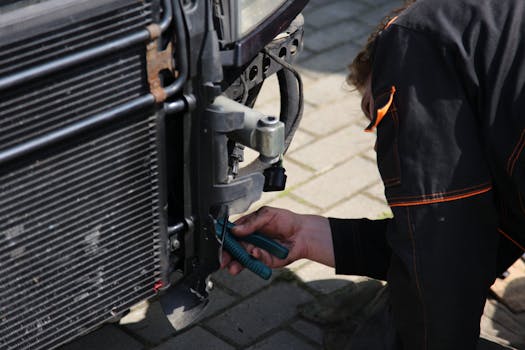You could take a college course before applying for a trainee motor mechanic role with a garage.
Relevant courses include:
- light vehicle maintenance and repair
- T Level in Maintenance, Installation and Repair for Engineering and Manufacturing
You could specialise in hybrid and electrical vehicles by doing a course like:
- auto-electrical and mobile electrical operations
- electric/hybrid vehicle system repair and replacement
Entry requirements
Entry requirements for these courses vary.
4 or 5 GCSEs at grades 9 to 4 (A* to C), or equivalent, including English and maths for a T Level





